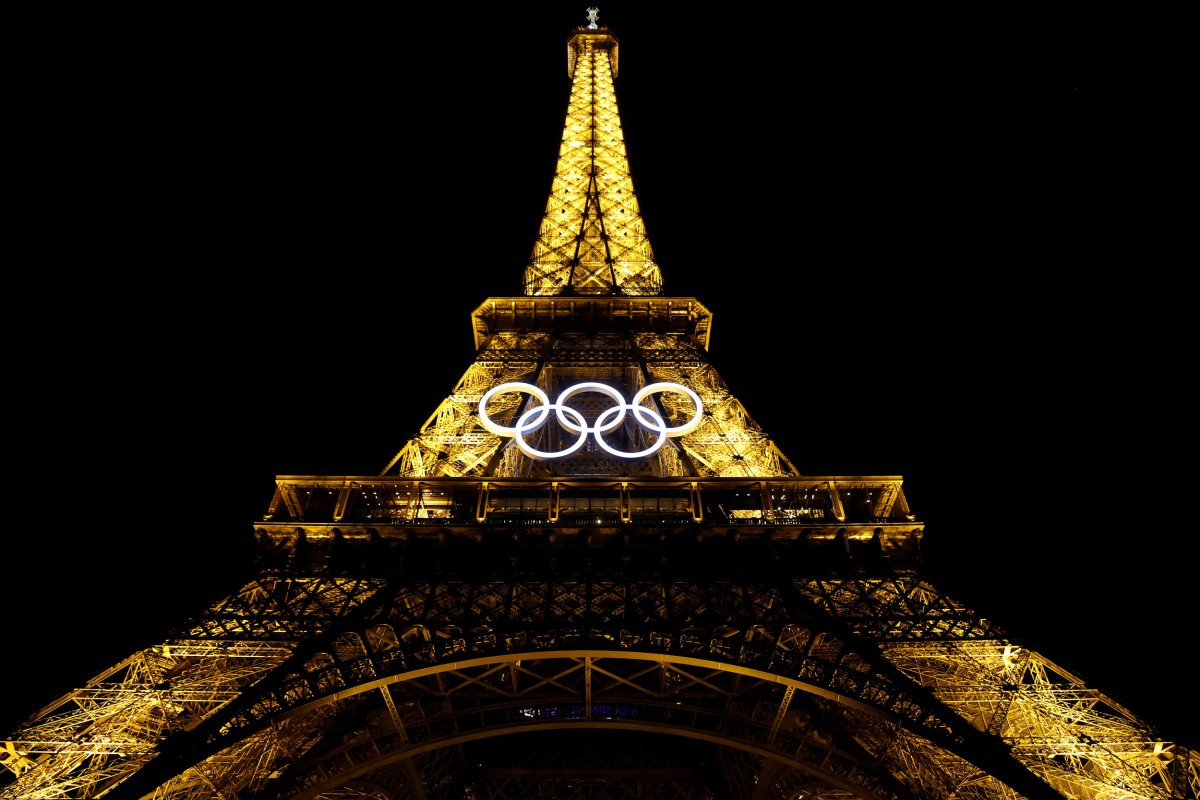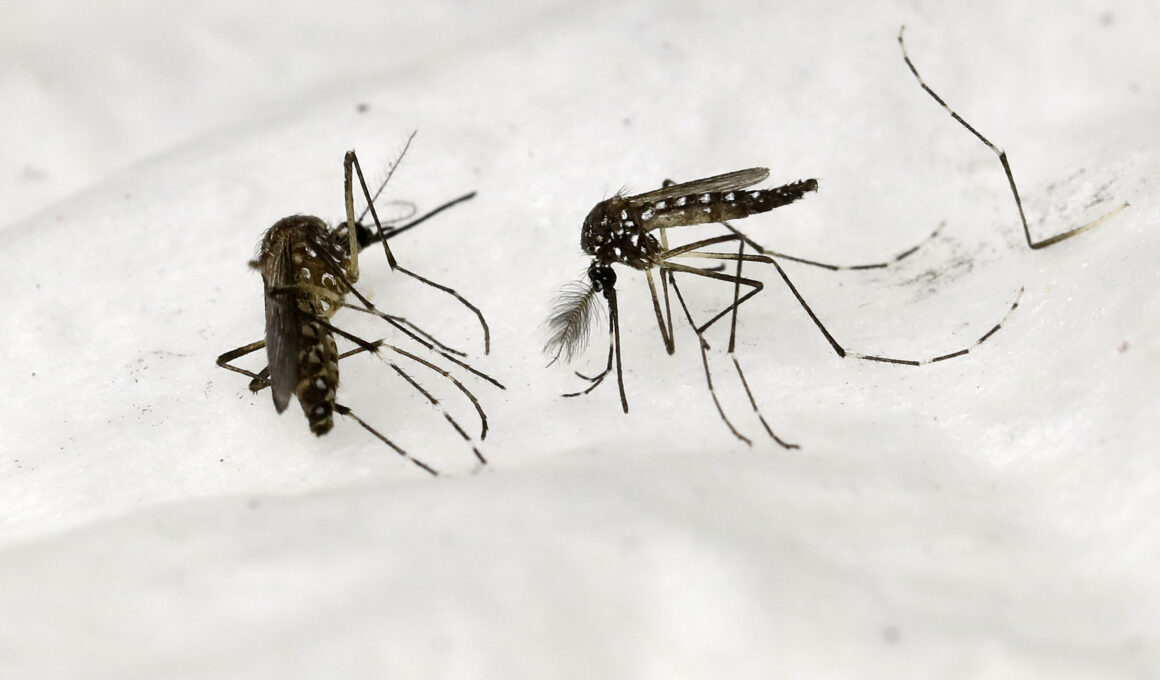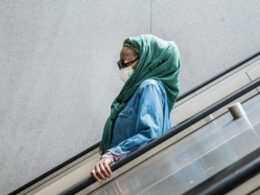Dengue fever is on the rise, with almost 10 million infections reported in the Americas in the first six months of 2024, according to the World Health Organization ( WHO)—twice as many cases as there were in the whole of 2023.
As Paris prepares to host the Olympics, there is mounting concern that it could become a super spreader event. Global travel, hot and wet weather, and climate change have created good conditions for the Asian tiger mosquitoes that transmit the disease to thrive.
Newsweek reached out to the office of the French president via an online form for comment.
What Is Dengue Fever?
Dengue fever is a mosquito-borne viral infection that has rapidly spread in recent years to become a global health concern. It is caused by the dengue virus, which is transmitted to humans through the bites of infected Aedes mosquitoes, primarily the Aedes aegypti species.
The disease is prevalent in tropical and subtropical regions around the world, including Southeast Asia, the Pacific Islands, the Caribbean, South America and parts of Africa, according to WHO.
A WHO spokesperson explained to Newsweek that: ” Dengue is a mosquito-borne virus not endemic in the WHO European Region and reported cases are mainly travel-related. However, as the mosquitoes that transmit dengue (tiger mosquitoes) are widely present in Europe there have been sporadic autochthonous dengue cases and a few dengue outbreaks reported in the region since 2010 with evidence of dengue transmission from five countries, including France.”
Symptoms of Dengue Fever
- High fever (up to 104 degrees Fahrenheit)
- Severe headache
- Pain behind the eyes
- Severe joint and muscle pain
- Fatigue
- Nausea and vomiting
- Skin rash, appearing two to five days after the onset of fever
- Mild bleeding (such as nosebleeds, gum bleeding, or easy bruising)
Preventative Measures
Newsweek spoke with a Paris 2024 spokesperson, who said: “Paris 2024 is working closely with the health authorities to identify and deploy appropriate prevention and monitoring measures.”
They confirmed that “45 ecological mosquito traps will be installed at the Olympic and Paralympic Village and 15 at the Marseille Marina.”
The WHO representative explained that “WHO has a dedicated team of experts working on mass gatherings, including sport events. The role in the mass gatherings team is to provide guidance, tools and expertise to the organizer, host governments for health planning and safe delivery of mass gathering events using a risk-based approach.”

They continued: “For the Paris Olympics, WHO has worked closely with France and the European Centre for Disease Prevention and Control, to develop public health advice for people to stay healthy during this sport event, from the vaccines travellers may need before they undertake their journeys, to information on how to protect against various illnesses, including mosquito-borne illnesses.”
Newsweek also spoke with France’s Regional Health Agency, the Agence régionale de santé d’Île-de-France (ARS). It pointed out a press release shared on its website, which stated that the ARS has been implementing surveillance to fight against mosquitoes carrying diseases.
On May 1, the ARS launched a “surveillance campaign” of mosquito nets that will be sent for testing.
This surveillance includes entomological surveillance of mosquito populations and epidemiological surveillance of patients.
The press release also states that the ARS has been working to raise awareness of the disease in areas where there is a proven mosquito presence.
In an additional press release, the ARS shared information on how to fight the disease-carrying mosquitos. It suggests individuals should wear loose-fitting clothing, turn on air conditioning or a fan, use mosquito repellent and use insecticide diffusers.
It also set up an area where individuals can report the presence of tiger mosquitos via a portal.
What’s Next?
WHO told Newsweek that: “As millions of people come together in Paris for the world’s most famous sporting event, it is important to take simple yet powerful measures to prevent the spread of infectious diseases and protect ourselves from heat and other health risks including mosquito-borne diseases such as dengue.
“Public health professionals are advised to provide adequate and prompt information to local residents and international visitors about dengue transmission, signs and symptoms, prevention and protection measures, and when and how to access healthcare when necessary.
“Points of Entry (ports, airports and ground crossings), travel health clinics, tourism and travel agencies should be mobilized for dissemination of risk communication messages.”
The ARS has identified the Olympics as being a “significant risk for disease transmission.” More than 15 million people are expected to visit the city for the Olympics, according to Conde Nast Traveler.
Do you have a story we should be covering? Do you have any questions about the dengue fever? Contact LiveNews@newsweek.com
Uncommon Knowledge
Newsweek is committed to challenging conventional wisdom and finding connections in the search for common ground.
Newsweek is committed to challenging conventional wisdom and finding connections in the search for common ground.







